

Dragon Age: Inquisition marks an excellent return to form from Bioware, who clearly wanted to make up for the many mistakes they made with Dragon Age II. Although it is a great RPG that we can easily recommend to all fans of the genre, the game assumes that you already have great knowledge of his universe, and the start can be overwhelming if you don't understand everything that is going on.
So we decided to create this guide, which is intended as a summary and reference for everything you should to know to truly enjoy the story of Dragon Age: Inquisition. You will find a recap of religion, races, locations, and factions that make up the troubled political landscape of Dragon Age, while using various analogies with our own world - because there are plenty.
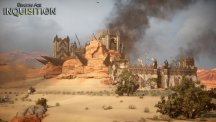
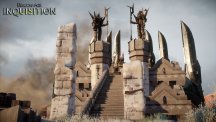
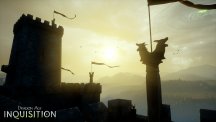
World
All the events of the three Dragon Age games take place in the continent of Thedas, which is equivalent to Tamriel in the saga of The Elder Scrolls. Thedas is divided into several nations, although four are particularly important: Ferelden, Orlais, Free Marches and Tevinter Imperium.
The first game, Dragon Age: Origins takes place mostly in Ferelden during the Blight and the Darkspawn invasion (think of underground Orcs led by a huge dragon named Archdemon). Ferelden is distinguished as a typical medieval fantasy setting, with castles, ruins and vast forests.
Orlais is the most powerful nation of Thedas, where the rich are arrogant and extravagant and the poor (mostly elves) work as slaves for the most fortunate. These aristocrats are distinguished by speaking with a French accent and wearing masks in public. The Orlais capital is Val Royeaux, where you can find the great cathedral of the Chantry (comparably Val Royeaux is a kind of Vatican).
The Free Marches are a group of independent cities were Dragon Age II took place. They are not of great importance for the new game, althought there is the peculiarity that the protagonist's backstory is linked to the Free Marches, regardless of the chosen race.
Finally there's the Tevinter Imperium, which is mainly governed by mages. Regardless of the remaining countries, the Tevinter Imperium does not recognise the Templars or the Circle of Magi from Ferelden, nor do they seem concerned about the current war between the two groups. Tevinter Imperium is also known for slavery.
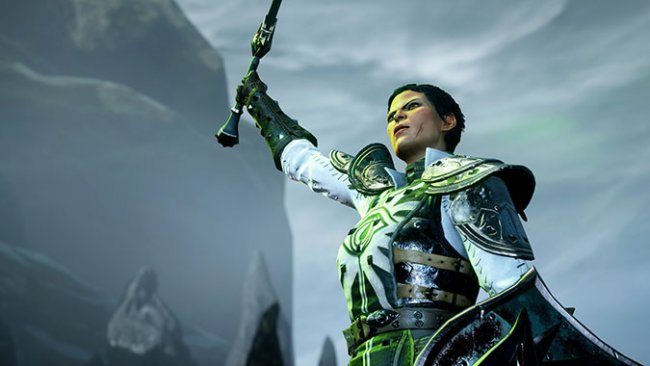
Factions
There are several political and military factions in Dragon Age: Inquisition and almost all face some kind of internal or external threat. One of the most important in the history of Dragon Age: Inquisition is the Chantry, a religious organization that works a bit like the church in our world.
The world of Dragon Age covers various religions, but the one that has the greatest popularity is the Chantry, formed around Andraste's teachings, an archetypal religious figurehead who's repeatedly referenced in Dragon Age. Andraste lived many years ago, but was proclaimed as the Prophet of the Maker (God), and worshiped by members of the Chantry. During the first hours of play, the protagonist is designated as the Herald of Andraste, although not officially recognised as such by the Chantry and irrespective of the protagonist's religious believes.
Another faction that is of great importance in Dragon Age: Inquisition are the Mages. In this universe mages gain their magic thanks to a connection with the Fade, a parallel dimension filled with demons. This is however dangerous, since a mage who ventures too deep into the Fade can become possessed by a demon and transform into an abomination. Therefore, the mages of Ferelden were contained in a Tower know as the Circle of Magi, and watched by the Templar. During Dragon Age II, they fled to try to claim their freedom and independence, sparking a war that rages between the Mages and the Templars.
The Templars are soldiers with some magical abilities (to counter the mages) and are an extension of the Chantry. The Templars are intended to monitor the Mages so that they do not become Abominations or make sure that they don't practice Blood Magic. With the recent escape of their wards, the Templars are now in open war with the faction they once promised to watch.
The game starts in the Conclave, a meeting between representatives of the Templars and Mages, supervised by the Divine (sort of the Chantry's version of the Pope). However, the meeting does not even begin since an explosion rips a hole in the sky to the Fade and kills everyone in the vacinity, except the player-character.




Races
There are four playable races in Dragon Age: Inquisition - Humans, Elves, Dwarves and Qunari (for the first time in the series). Unlike Origins, you cannot choose your background, but almost all are somewhat foreign to their own races.
Humans are the dominant race in Thedas, with greater political power on all fronts. The concept of the Chantry, the war between Mages and Templar, the trappings of Orlais and politicking behind the scenes; nearly all have humans as central figures, and it'll be with human characters that you do most of your various interactions.
The Dwarves of Dragon Age live underground in Orzammar, and maintain the great traditions of the blacksmiths and miners. They are the only race that cannot contact the Fade, and therefore they cannot be mages (so no, you can't play as a dwarven mage). Not all live underground, some are expelled or decide to leave, becoming "surfacers", and these characters are perceived negatively by others of their race.
In Dragon Age there are mainly two types of Elves; those that live as impoverished second-class citizens supporting and tending to the needs of the humans in cities, and the Dalish, nomadic groups living in the forests and looking to have little contact with other races. The Dalish believe in the gods of old, pre-Andraste, and follow the traditions of his people with great connection to nature.
As for the Qunari, they are a somewhat barbaric people, distinguishable by their impressive physical statures and large horns. Qunari follow their own customs, linked to their religion - Qun. The Qunari that do not follow these customs and break connection with their people are known as Tal-Vashoth, becoming usually mercenaries (like the player, if he chooses to play as this race).
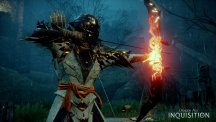

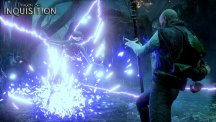
Classes
Dragon Age: Inquisition initially follows the "Holy Trinity" of classes; warrior, rogue and mage. Each class has several subdivisions (archer or dual wield, fire of frost...), but later on you will earn a specialisation that will really unlock the potential of each class.
The warrior class follows the classic archetype, divided mainly between the tank that defends the group, using sword and shield, or that of a raw damage dealer with a huge weapon, able to deliver huge amounts of damage. Warrior specialisations are: Champion (specialised tank), Reaver (use blood magic, trading health for great power) and Templar (experts against mages and demons).
If you like a stealthy style of play, rogue is the way to go. As a rogue you can choose to fight with two daggers, or at long range, with bows. All rogues can become invisible or use poisons. The specialisations for the rogue are: Artificer (specialist in traps), Assassin (causes great damage in a 1 for 1) and Tempest (experts in alchemy).
Finally, there's the mages. A mage can defend themselves with spirit, or master the three elements - electricity, fire and ice. The first is particularly critical for any group, particularly in the higher difficulties. The class specialisations are: Knight Enchanter (gain the capacity to fight at close range), Necromancer (controlling the corpses of enemies to gain advantage) and Rift Mage (can distort reality in their favour).
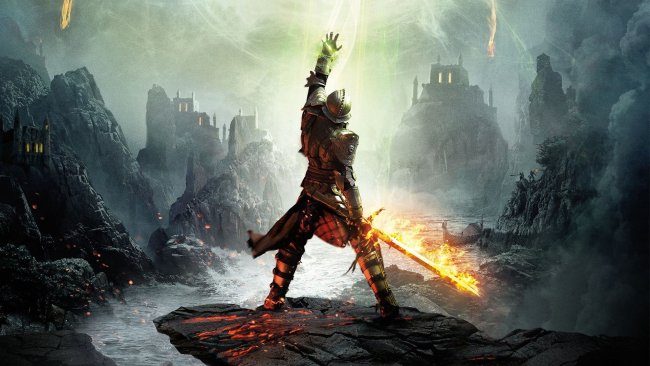
Conclusion:
The universe of Dragon Age is massive, and what we've mentioned here is just a small part of the rich history that surrounds the world of Thedas. We believe, however, that after reading this you'll be better placed to make your way through the first overwhelming hours of Dragon Age: Inquisition, where Bioware very much just drops you in the middle of a rich and complicated fantasy world with very little guidance. We recommend you also visit the Keep, as the official Bioware site recaps the story of the two previous games and lets you either import saves or create a new one for Dragon Age: Inquisition.
Video with specializations of classes:

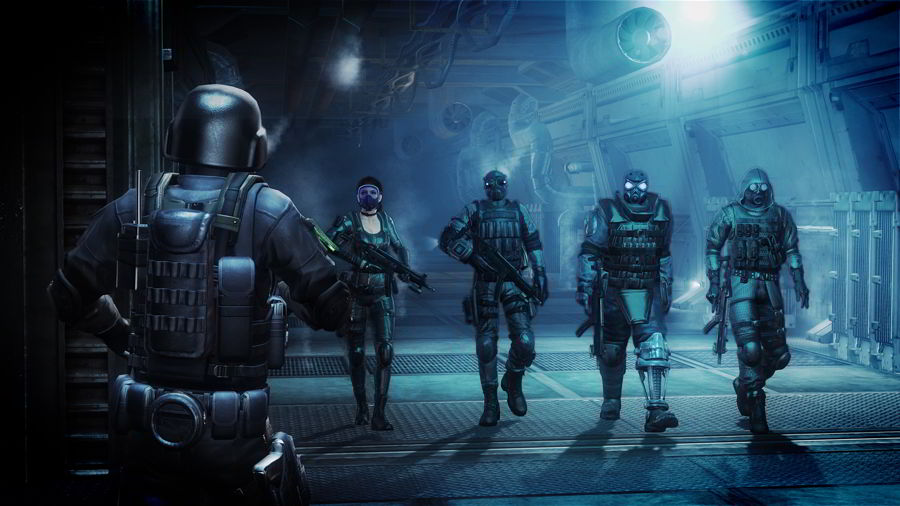
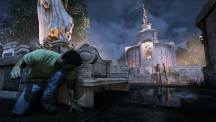
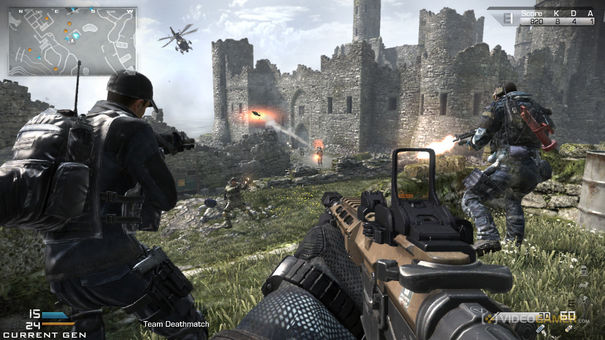
 Thief Walkthrough Chapter 6: A Man Apart – How to Steal the Primal Stone Fragment
Thief Walkthrough Chapter 6: A Man Apart – How to Steal the Primal Stone Fragment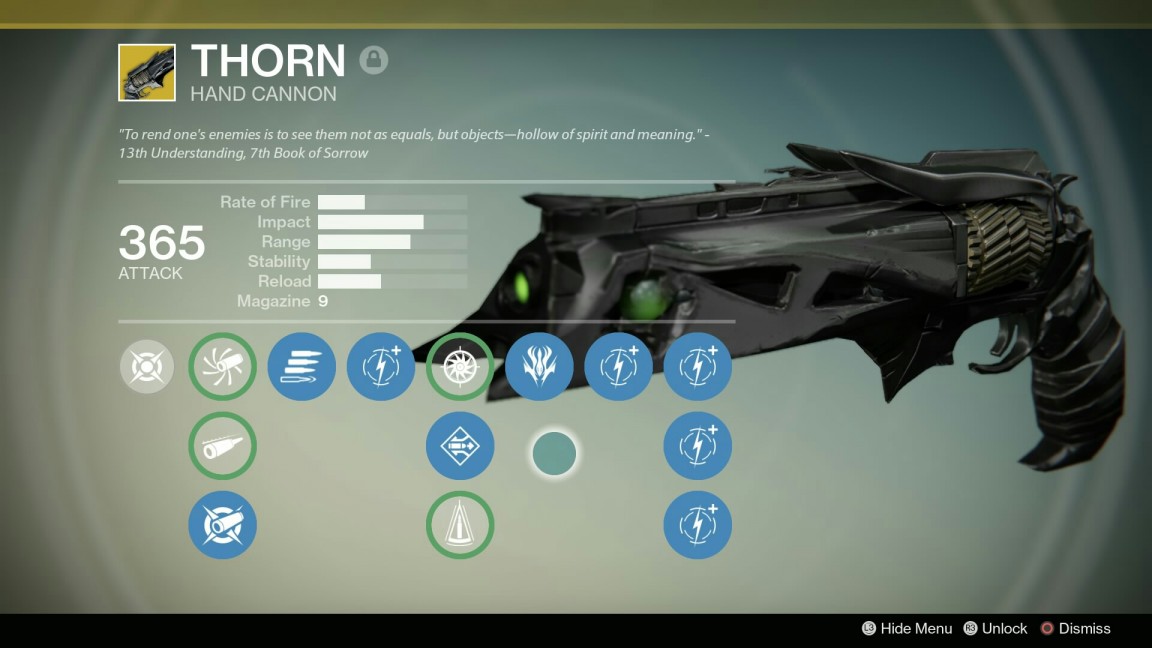 Unlucky for some: Destiny’s 13 essential weapons for PvP
Unlucky for some: Destiny’s 13 essential weapons for PvP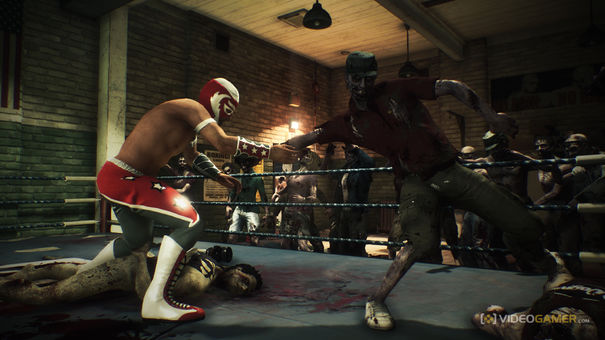 . Plays November 16, 2013
. Plays November 16, 2013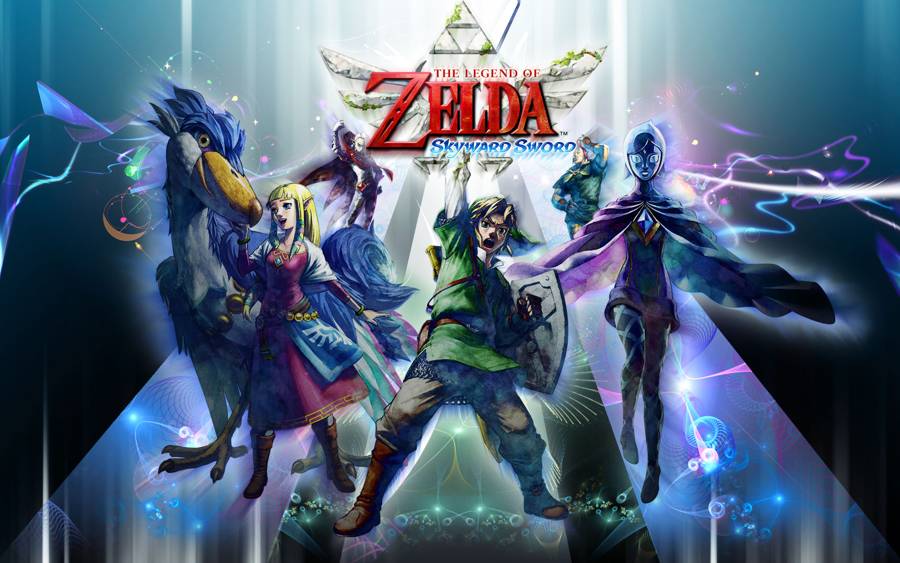 The Legend Of Zelda Skyward Sword Winning The Wing Ceremony
The Legend Of Zelda Skyward Sword Winning The Wing Ceremony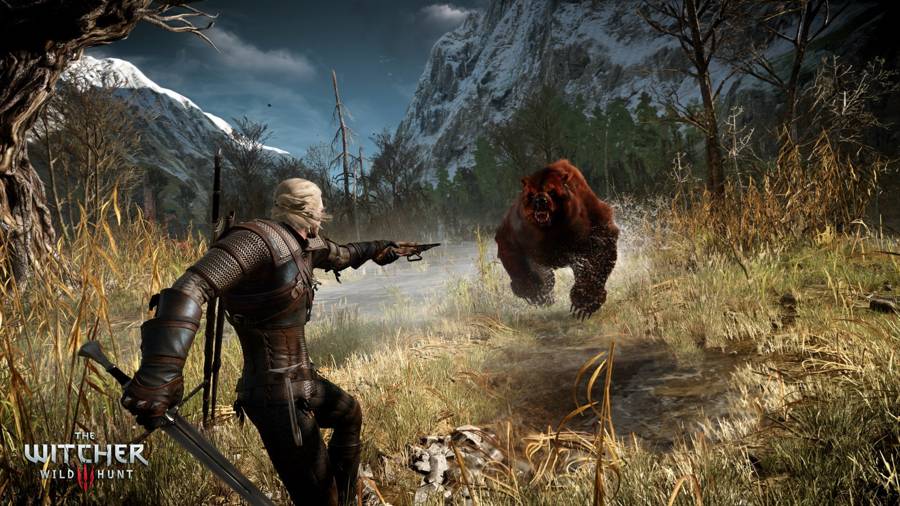 The Witcher 3 Guide: Gwent Guide, Hero And Leader Cards
The Witcher 3 Guide: Gwent Guide, Hero And Leader Cards